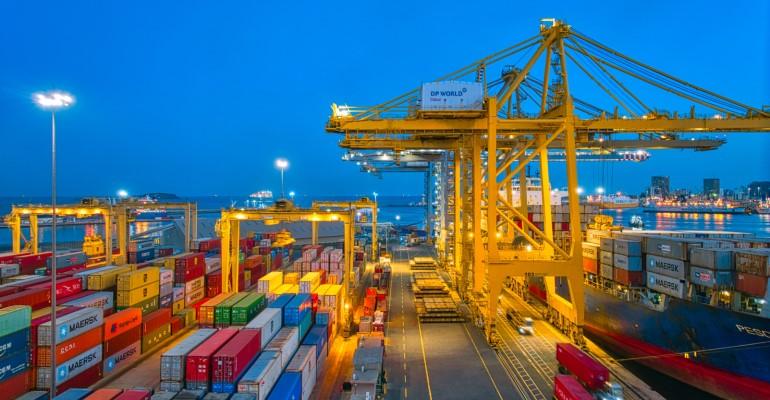Trade in Transition, a research project by the Economist Impact and DP World, surveyed 3,500 executives around the world for their views on topics related to global trade.
Over 34% of respondents listed new technologies as a source of optimism over the next two years, that most popular option, followed by increased economic stability and growth at 29.6% of respondents.
The survey found that over 98% of executives were using AI in some part of their supply chain operations and a third of businesses were using AI integration to reduce operating costs and enhance resource and supply chain planning.
Responses also signalled intentions to increase investment in technology.
“Of those surveyed, a third will focus on advanced automation and robotics for logistics efficiency; 28% will turn to blockchain for enhanced traceability and data security; and 21% will embrace artificial intelligence, big-data analytics and predictive analytics for real-time insights and disruption forecasting,” said the report.
Among the challenges AI and automation will need to help businesses navigate are rising geopolitical tensions leading to supply chain restructuring.
Over a third of respondents said they were using a “friend-shoring” approach to building their supply chains, while 32% were dual sourcing or creating parallel supply chains to overcome geopolitical blockages, and 29% were seeking to use neutral markets.
Just 23% of executives were concerned about heightened geopolitical uncertainty and 22% were concerned about the challenges around political instability in their sourcing markets.
DP World Group Chairman and CEO Sultan Ahmed bin Sulayem, said: “The findings in this report reveal a remarkable optimism, despite businesses having to operate in an increasingly uncertain environment. Governments can maximise the significant economic benefits of trade by providing the predictability that businesses need, while reducing trade friction. This entails not only tariff reduction, but also collaborating with the private sector to roll-out technological advancements – most notably in digitalisation, automation and AI – that enable greater efficiency, visibility and adaptability.”
The full report is available at The Economist Impact website.
Copyright © 2024. All rights reserved. Seatrade, a trading name of Informa Markets (UK) Limited.
Add Seatrade Maritime News to your Google News feed.  |

